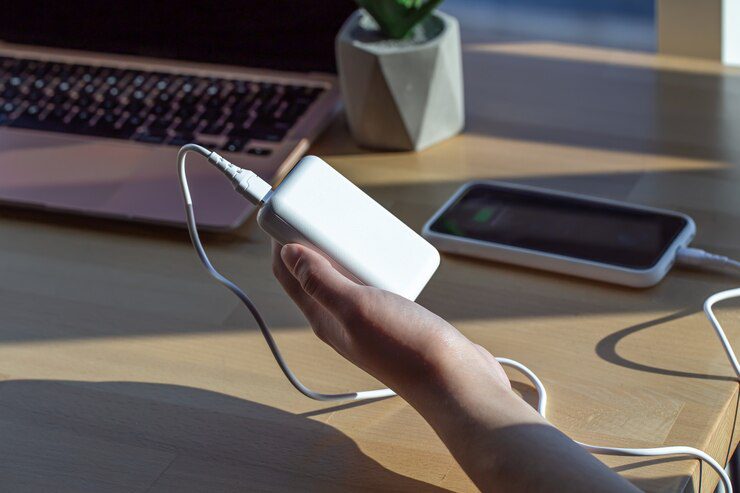Let’s face it, we’re all slaves to the scroll. Our thumbs are on autopilot, perpetually swiping through endless feeds of news, social media, and work emails. But what if I told you this constant connectivity might be doing more harm than good? Enter the concept of unplugging to recharge. It’s not about ditching technology forever (although a digital detox weekend might be tempting!); it’s about taking intentional breaks to reconnect with yourself and the world around you.
The Always-On Culture: Why We Need to Hit the Pause Button
Our brains are bombarded with information overload. A 2022 study by Microsoft found that the average human attention span has shrunk to a measly 8 seconds (source: Microsoft). That’s shorter than a goldfish! This constant stimulation takes a toll on our mental well-being, leading to stress, anxiety, and difficulty focusing. Unplugging to recharge is a vital step towards reclaiming our sanity in a hyper-connected world.
The Benefits of Unplugging: It’s More Than Just a Buzzword
Taking a break from technology isn’t just a fad; it’s a necessity for our mental and physical health. Here’s how unplugging to recharge can benefit you:
Reduced Stress and Anxiety: The constant barrage of notifications and news updates can be a major stressor. Unplugging allows your mind to relax and de-clutter, leading to a calmer and more centered you.
Improved Sleep Quality: The blue light emitted from electronic devices disrupts our sleep cycle. Taking a break before bed allows your body to wind down naturally, promoting better sleep quality.
Enhanced Focus and Productivity: The constant ping-pong between screens leads to fragmented attention. Unplugging allows your brain to focus on one task at a time, boosting productivity and creativity.
Stronger Relationships: Quality time with loved ones gets sacrificed when we’re glued to our phones. Unplugging allows for deeper connections and fosters a more present and engaged version of yourself.
Unplugging to Recharge: It’s Not About Going Cold Turkey
Unplugging or disconnecting doesn’t mean living off the grid in a cabin in the woods (although that sounds pretty tempting right now!). It’s about setting boundaries and finding healthy ways to disconnect:
Schedule Tech-Free Zones: Designate specific times or areas in your day to be completely device-free. This could be during meals, bedtime routines, or even a nature walk.
Embrace the Power of “Do Not Disturb”: Utilize the built-in features on your phone and computer to silence notifications and distractions when needed.
Rediscover the Lost Art of Face-to-Face Interaction: Meet friends for coffee without your phones, or have a family dinner where everyone leaves their devices at the door. Human connection is key to a fulfilling life.
Find Activities that Spark Joy (Without a Screen): Read a book, go for a hike, or engage in a creative hobby. Reconnect with the simple pleasures that don’t require a battery or an internet connection.
Unplugging to Recharge: It’s a Journey, Not a Destination
Unplugging isn’t about achieving some state of digital detachment perfection. It’s a journey of setting boundaries and finding a healthy balance with technology. There will be slip-ups, and that’s okay! The key is to be mindful and make a conscious effort to disconnect and recharge when needed.
Conclusion
The fear of missing out (FOMO) is a powerful force in our social media-driven world. But here’s the truth: the world will keep spinning even if you take a break from your phone. Unplugging to recharge allows you to be more present in the real world, to appreciate the beauty and wonder that surrounds you, and ultimately, to reconnect with yourself.
Take a break from the constant digital buzz, reconnect with yourself and the world around you. Unplugging to recharge is the ultimate act of self-care, and it might just be the key to a happier, healthier, and more fulfilling life. Now, go forth and recharge – your mind, your body, and your soul will thank you for it!







